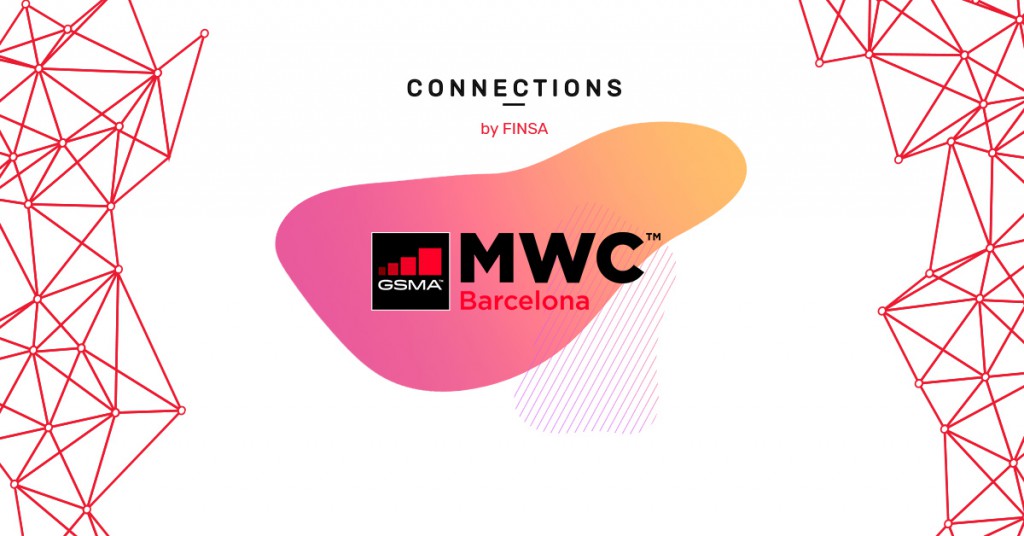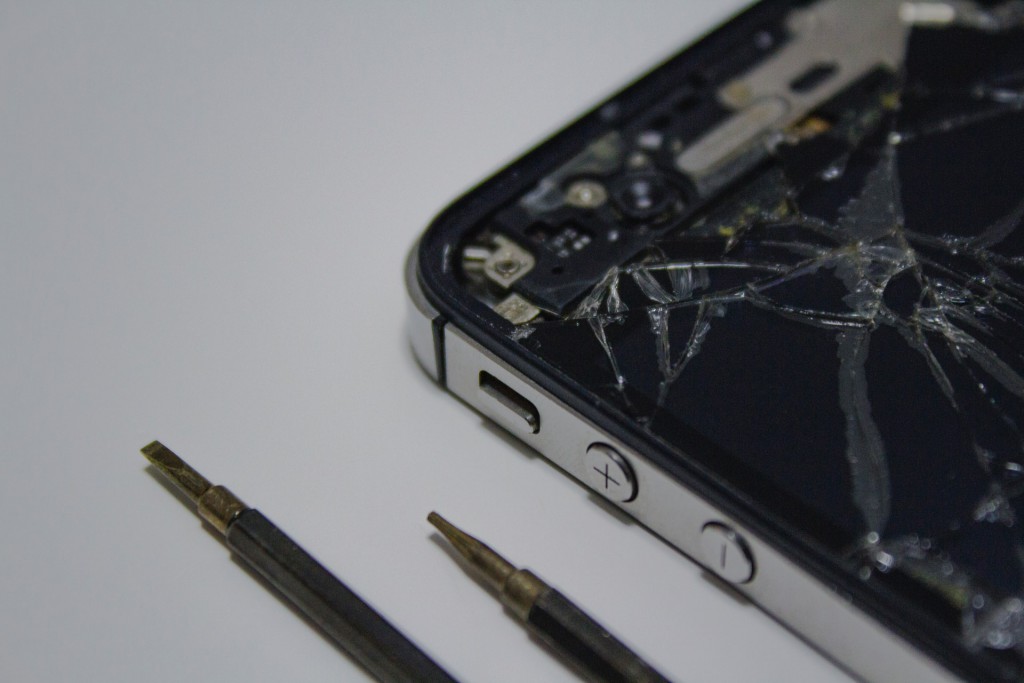Mobile World Congress 2021 was one of the most highly anticipated events of the gradual return to in-person conventions and exhibitions. The Congress took place in Barcelona at the end of June with a phygital setup and focused on trends and concerns in the sector rather than product launches.

We analysed the impact of the event and summed it up in these three tech trends that will be making waves over the next few months:
Digitalisation must be equal for all
The Mobile World Congress 2021 didn’t feature the product launches with large audiences that we’ve seen in previous years. But that’s because this event is so much more than just new mobile phones. This year, it focused on the foundations of society’s digitalisation, a challenge that the pandemic brought to the forefront, with the main problem being how to ensure that it happens in an egalitarian way. The MWC 2021 also saw the launch of the Diversity4Tech program, which hopes to increase the number of women in STEM. According to STEM Women UK, women make up just 35% of the field.

Are the new products of today simply the electronic waste of tomorrow?
According to a report by the European Economic and Social Committee, 700 million mobile devices have not been recycled properly, meaning that they cannot be reused. If we gave them a second chance at life, each one of them would prevent an average of 30 kg of CO2 from entering the atmosphere and would save approximately 12 litres of clean water.
The incredibly fast pace at which new tech products are developed and the growing digitalisation of society have meant that the sector is focusing on how to reuse devices and avoiding electronic waste. The event also highlighted that extending the useful life of products will be key to improving sustainability in the industry.


Total connectivity, according to Elon Musk
Though the Mobile World Congress 2021 lacked any big product announcements, the talk given by Elon Musk was always going to be one of the highlights. He has already incorporated the above trends into his programs in hopes of achieving total connectivity for every single person on the planet.
Musk recently said that Tesla will accept bitcoin payments once again as soon as mining (the process of creating digital currencies), becomes more stable, a challenge we covered in this article. He also highlighted that 3.7 billion people don’t have access to the internet, saying that connecting them via his SpaceX program would transform their lives because the internet makes it easier to work, buy necessary goods or stay entertained during pandemic lockdowns.






